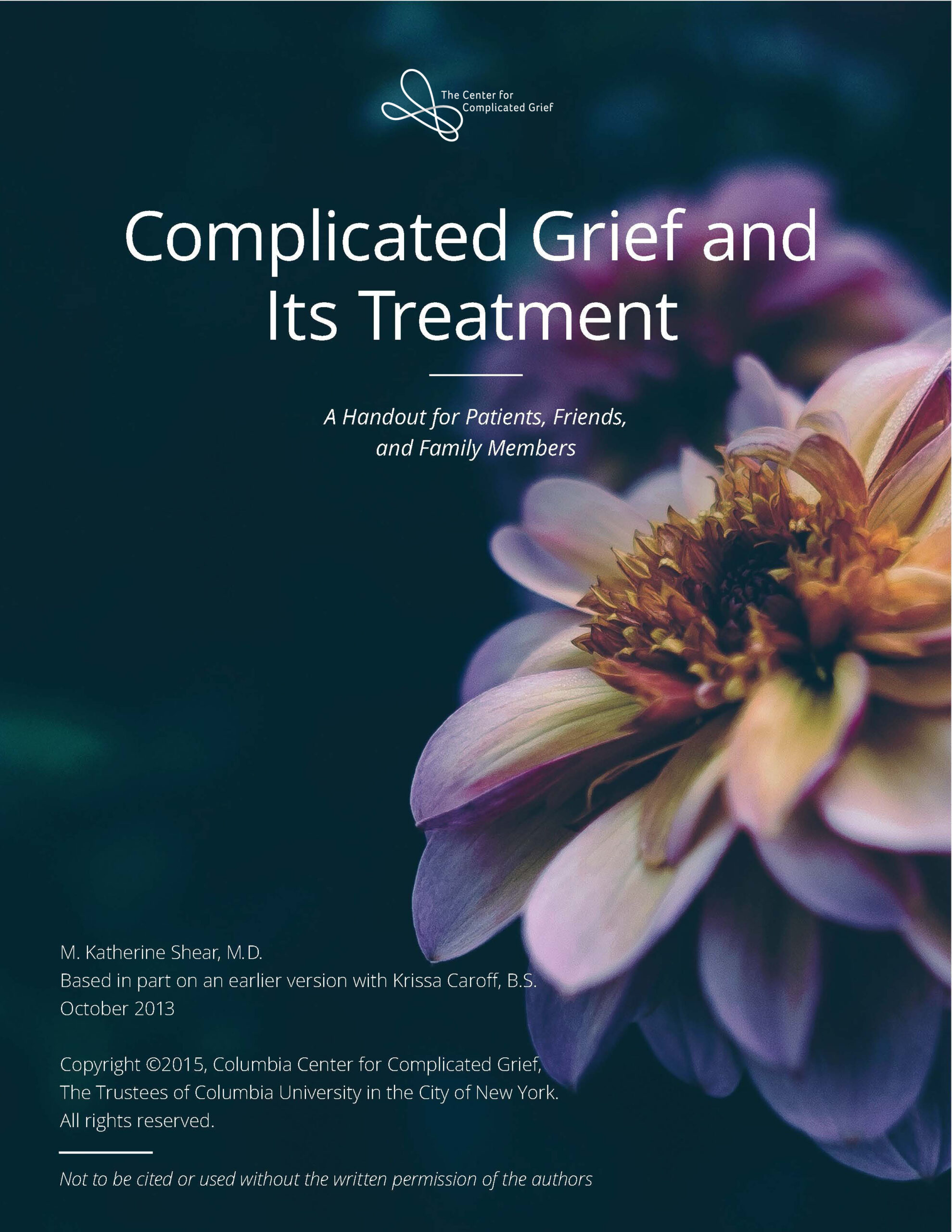$14.95
Out of stock
What is it
When symptoms of acute grief are relentless and intense for longer than one year, it might be a sign of Prolonged Grief Disorder (PGD). PGD is now officially recognized as a mental health disorder by the World Health Organization and American Psychiatric Association. It’s a form of pervasive grief that overwhelms a person’s life and makes it difficult to function.
How it’s diagnosed
The signs of PGD are persistent strong feelings of yearning or longing for a loved one or preoccupying thoughts and memories that get in the way of living life in a meaningful way. A bereaved person with PGD may feel intensely lonely and distance themselves from others. They may be in a lot of emotional pain and try to avoid reminders of their loss, or they may feel emotionally numb and still in disbelief.
Complications get in the way of adapting to the loss
There are three key processes entailed in adapting to a loss:
Most people move forward naturally in this way and grief finds a place in their lives as they do. Sometimes there are thoughts, feelings or behaviors that interfere with adaptation.
Complicated Grief Therapy (CGT) helps people identify and resolve these interfering issues.
After a loved one dies, almost everyone has some unsettling thoughts about how things could have been different. People with complicated grief get caught up in these kinds of thoughts.
